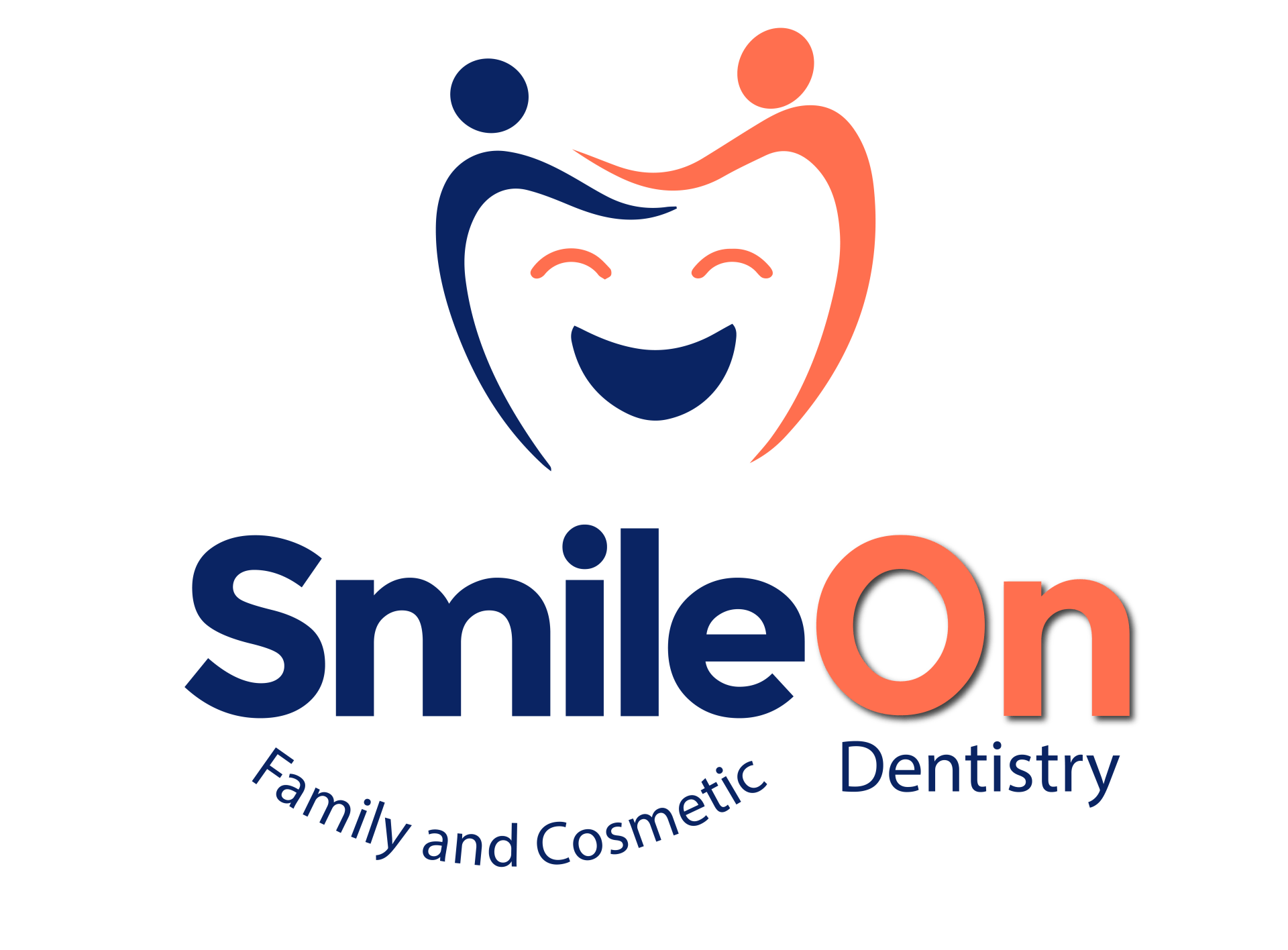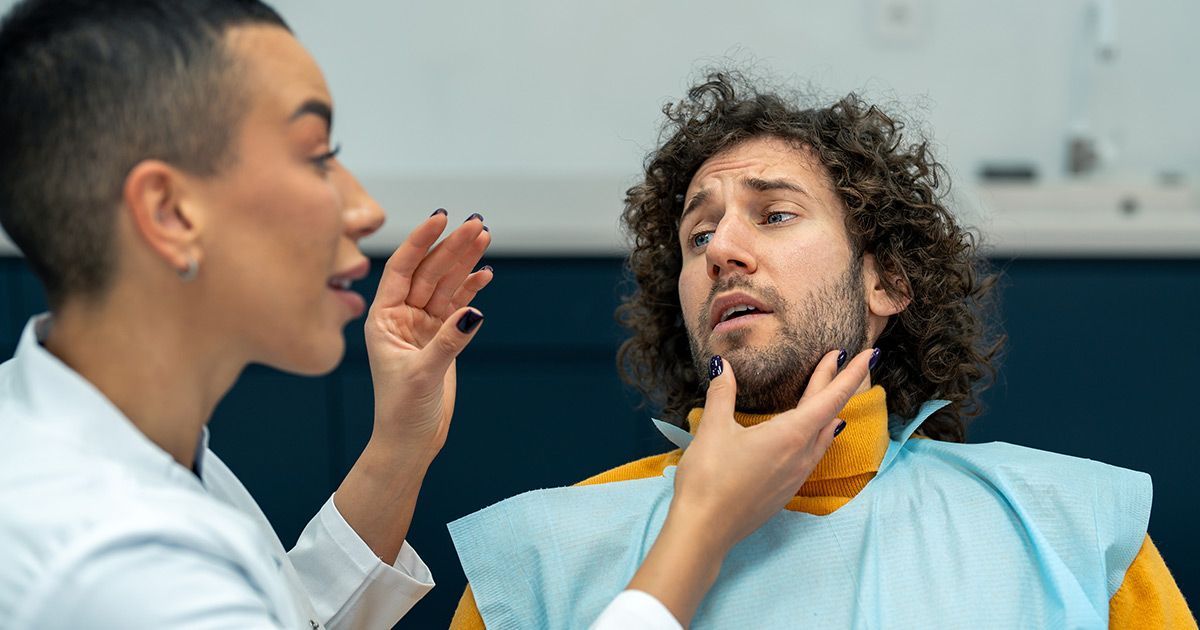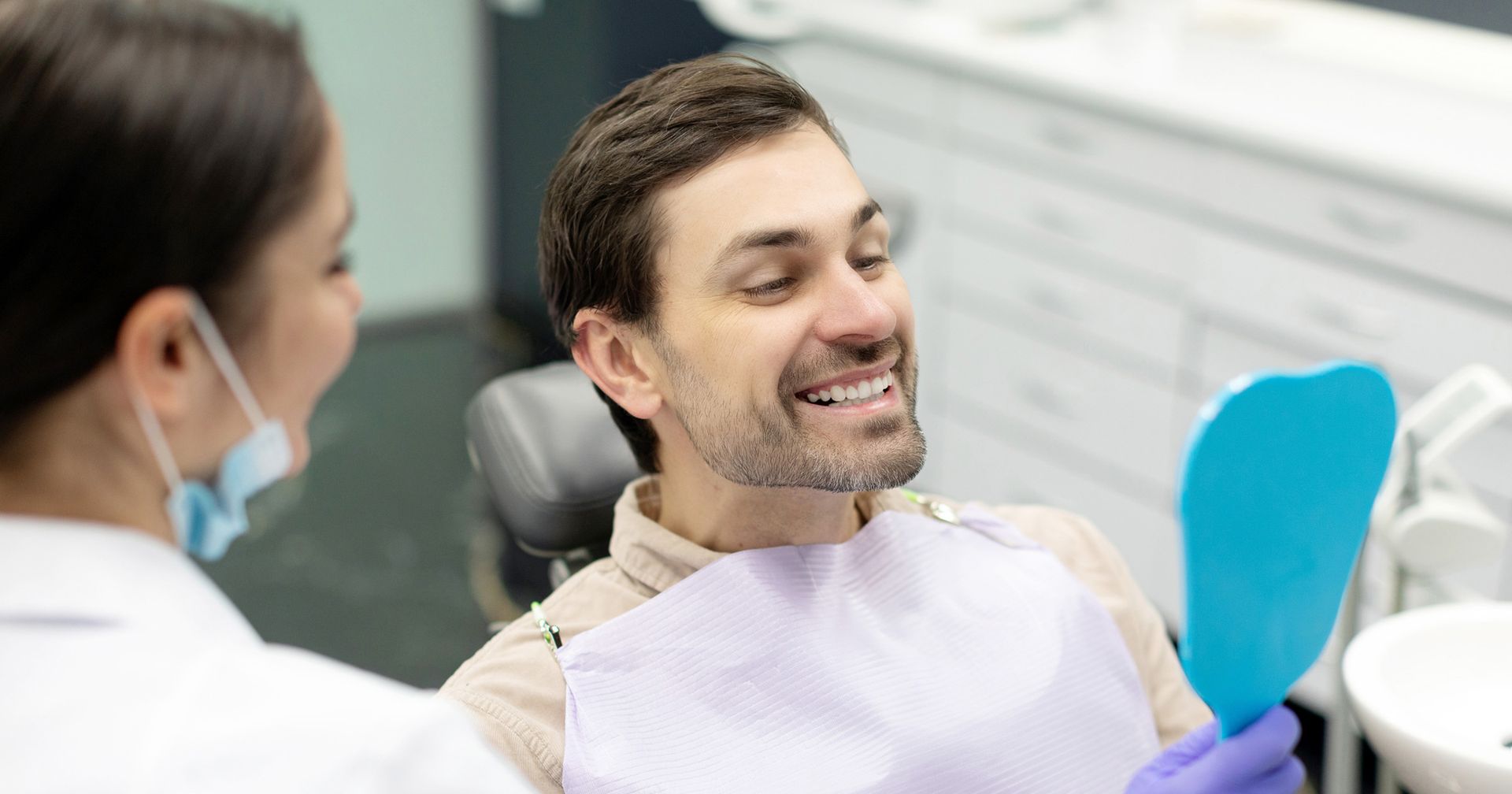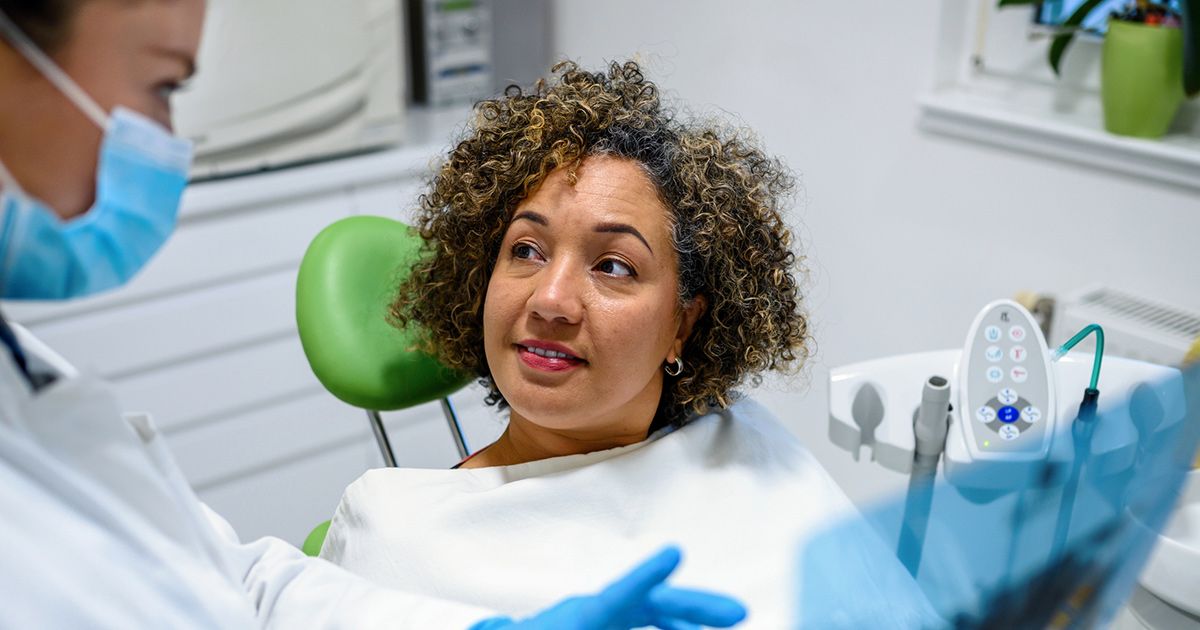How Gum Disease Can Affect Overall Well-Being
Discover the effects of gum disease on your overall health, along with essential strategies to maintain good oral hygiene and stay healthy.
The saying "out of sight, out of mind" can unfortunately apply to our health. If we don't see the symptoms of a condition, we may not think we have it.
Gum disease can often fall into this category. It's one of the most common dental problems in the world. It's also the most common cause of tooth loss.
How common is it? 42% of adults, 30 years or older, have it. 8% have a severe case.
The signs hinting at the infection may not show up until it's progressed. One of the more obvious is bruised gums.
Read on to learn more about gum disease and how the condition affects your overall well-being.
Bruised Gums and Other Gum Disease Symptoms
You may notice what looks like bruised gums when you develop gum disease. They start to become discolored and get purple or red. They may also swell.
Other common gum disease symptoms include:
- Bleeding
- Soreness
- Bad breath
- Unpleasant tastes
- Pain while chewing
- Gum recession
- Changes in your bite or the way your teeth fit together
These are all
signs to see a dentist right away. The earlier you can have gum disease diagnosed and treated, the less likely it is to progress into the later, more severe stages.
Health Effects of Gum Disease
Several recent studies have proven a major oral health impact on overall health. The link isn't fully understood, but they can't be separated.
The mouth is the gateway to the rest of the body. It's also full of helpful and harmful bacteria. The harmful types can get into the respiratory or intestinal tract and cause problems throughout the body.
The health effects of gum disease are widespread. One of the worst potential issues comes if bacteria gets into your bloodstream. It can cause a deadly, body-wide infection known as sepsis.
That's only the worst of the many ways gum disease can affect the rest of your body. It will leave you at a higher risk of other health problems. The most common include:
- Heart disease
- Diabetes
- Respiratory conditions
- Pregnancy complications
- Cognitive decline
- Glaucoma
- Oral cancer
There's no proven cause-and-effect link between these conditions. They all involve similar types of inflammation, which may partially explain their connections.
Treatment also works both ways. For example, improvements in your diabetes reduce your risk of gum disease and vice versa.
Gum Disease Prevention
Proper oral care is key to gum disease prevention. Take time to remove dangerous bacteria before it can affect your mouth and body.
Brush twice a day for at least two minutes. Use fluoridated toothpaste and antiseptic mouthwash. It'll remove bacteria and strengthen your enamel.
Use floss to get the spaces your toothbrush can't reach. This includes between the teeth and under the gumline.
Go to the dentist for preventative care. They'll do thorough cleanings to get rid of any bacteria. They'll check for any signs of gum disease so the condition can be treated early. They can also offer oral hygiene tips such as explaining the best brushing and flossing techniques.
Look for foods that contain the essential vitamins your teeth need, especially calcium. These include:
- Milk
- Cheese
- Leafy greens
- Nuts
Avoid sugary foods or drinks. They hasten the process of tooth decay and gum disease. You should also avoid anything sticky such as caramels and remember to brush afterwards.
60% of current smokers already have gum disease. Do your best to give up tobacco. It's the only way to prevent its harmful effects on your mouth, body, and mind.
Getting a Diagnosis
Take the time to choose the right general dentist in your area. You don't just need someone who can handle regular cleanings. You need an expert who knows what to do when you have a serious condition like gum disease.
Your general dentist can look for early signs of gum disease or plaque buildup. They'll ask if you have any symptoms commonly associated with the condition. They can check your bite and look for signs of gum recession.
You may already have pockets of infection built up around your teeth. If that's the case, your dentist will measure them using a periodontal probe. The deeper they are, the worse the infection has become.
Your dentist may also refer you to a
gum specialist or periodontist. Severe cases may require advanced equipment they don't have. They can also work together with the periodontist to provide a more comprehensive treatment plan.
Gum Disease Treatment
There are a range of options for gum disease treatment. The right option for you depends on factors such as your:
- Age
- Dental and overall health
- Previous medical treatments
Early gum disease doesn't involve any forms of bone loss. It may be able to be reversed at this time. You'll need regular professional dental cleanings and a more thorough dental hygiene routine.
The later stages of the condition are known as periodontitis. It may require a more thorough treatment.
Periodontal treatment begins with a thorough, deep cleaning. It's known as scaling and root planing. Special tools go beneath the gums to remove any plaque.
Pocket reduction surgery may be required in serious cases. It reduces the size of the infected pockets in the gums. The surgery is often combined with other treatments such as:
- Bone grafting
- Gum grafting
- Guided tissue regeneration
LANAP or laser-assisted new attachment procedure is one of the latest treatment methods. It treats periodontitis with a handheld laser. It's less invasive than traditional surgery.
Get Comprehensive Dental Care to Improve Your Well-Being
Red, swollen, bruised gums should never be ignored. They could be the first sign of gum disease. The earlier you treat it, the better. It has a major impact on not only your oral health but your overall well-being.
The team at Smile On Centreville uses the latest technology to put you at ease. We have TVs in every exam room and digital sensors for a more comfortable X-ray experience.
We offer a range of services but only recommend ones that are necessary to improve your dental health. Contact us for an appointment today.












